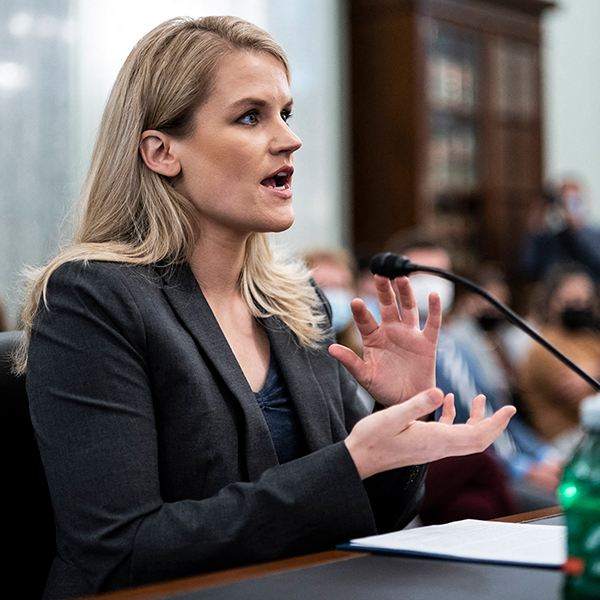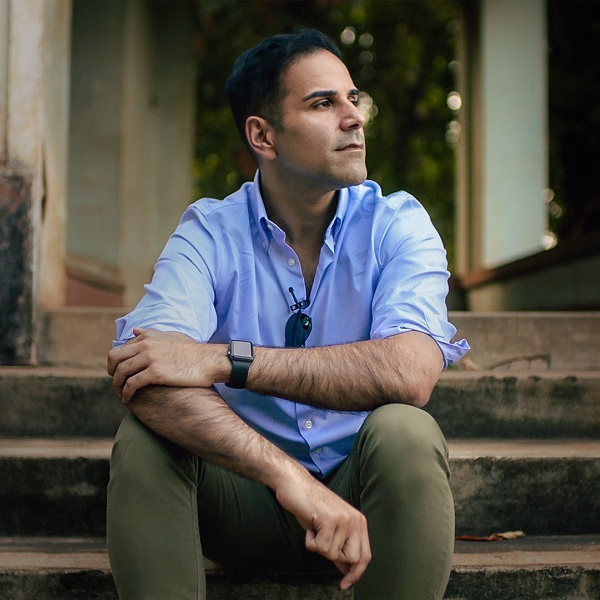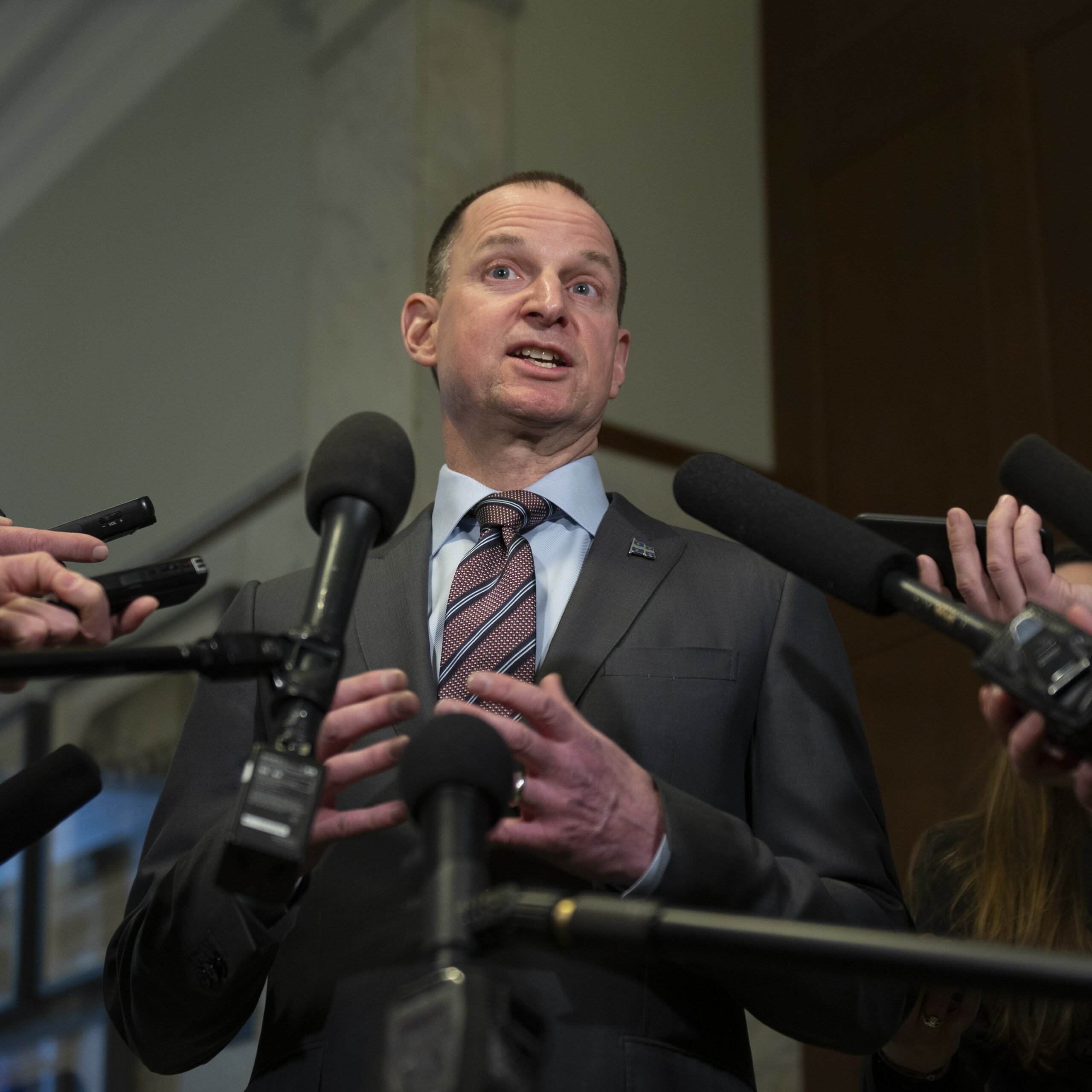Washington is a city long known for its behind-the-scenes power struggles, but Devlin Barrett, BA’95, says we have seldom seen anything quite like what is going on today.
“It’s just an incredibly tense and fraught time,” says Barrett, a Washington Post reporter who covers the Justice Department, the FBI, law enforcement and national security. He was part of a group of journalists for the Post that recently shared the 2018 Pulitzer Prize for National Reporting with the New York Times. The Post team won for its coverage of Russia’s attempts to influence the 2016 U.S. presidential election.
“It’s a really toxic [atmosphere] and it breeds distrust between institutions and between people – and it makes reporting on these things difficult,” says Barrett of the friction surrounding Special Counsel Robert Mueller’s investigation into Russian meddling in the 2016 election and the possibility that members of Donald Trump’s campaign team played a role in that meddling. In one recent tweet, President Trump categorized the investigation as “the greatest witch hunt in American history.”
“It’s just an incredibly difficult time to have conversations with people at all levels of government about basic facts, because some of those basic facts are now wrapped up in national security questions [and] criminal investigations,” says Barrett. “There are any number of leak investigations going on right now and one of the side effects of [that] is to make our jobs more difficult. All of that makes for a pretty tough terrain for reporting.”
That being said, Barrett and his colleagues are still getting scoops. Barrett recently co-wrote a Post story that revealed some new details about a FBI informant who interacted with Trump officials during the presidential campaign.
“Our whole mission – and I really think of it as a mission – is to find out the truth and tell the truth,” says Barrett. “It’s important for people to know what’s real as opposed to what’s not real because there are plenty of other folks out there who would rather spread misinformation and disinformation.”
Barrett says he and his colleagues are fully aware that their work is being carefully scrutinized. Trump has not been shy at levelling “fake news” accusations against journalists in general and against the Washington Post in particular.
“There is an audience that is looking to seize on any mistake that the press makes,” says Barrett. “And I wouldn’t say by any stretch that we as individuals or as a profession are perfect. But certainly, when you’re writing about an investigation that involves people close to the president, and the president himself, everyone understands that there is very little margin for error in that work, and we take that very seriously.”
Doing that work in a cautious and diligent manner can be tricky in an era with a frenetic news cycle fueled by social media – and with the knowledge that very good reporters at other news organizations are working furiously on the same stories.
“Early in my career, when I was working for the New York Post, a standard breaking news story might be a teenager being shot in Queen’s,” says Barrett. “You would have five or six hours to figure it out, to talk to as many people as you could, and to write it up. That felt like you were moving fast. But now, it’s completely different because of the pace of social media and the pace of Internet reporting. There are times now when you’ll be handed something, and you’ll know you have to have at least the first quick version of the story [done] in five or ten minutes.”
The trick, says Barrett, “is to write cleanly and carefully and to be aware and cognizant of what you don’t know yet.” And, sometimes, to push back against that relentless pace.
“A lot of what I do is based on sources, and I have to be very careful in terms of the actual mechanics of how I talk to people. That takes time. There are many days when I just decide I don’t have this [story] fully nailed down yet. I regularly sacrifice speed for caution. Sometimes that drives people crazy,” he laughs. “You’re always worried that someone else will figure out the whole thing and put it out first. But for the types of stories we’re working on right now, it’s important to slow things down sometimes and to take that extra step, that extra five steps, that extra 10 steps, and make absolutely sure you understand what people are telling you.”
Barrett uses encrypted software and hard-to-track burner phones to protect his sources’ identities – but he prefers doing interviews the old-fashioned way whenever he can. “I get so much more out of a person’s facial expression than [from] them just saying something on a phone.”
This isn’t Barrett’s first brush with a Pulitzer. He was a finalist for two of the awards last year for work he did at the Wall Street Journal (he spent seven years there as a national security reporter before joining the Post in 2017). One of those nominated stories (co-written with Adam Entous) dealt with some of the tensions between traditional diplomatic efforts and counter-intelligence operations. Ronan Farrow’s recent best-seller War on Peace deals with some of the same issues in its portrayal of the decline of U.S. diplomatic efforts and the increasing influence of security and military officials in foreign affairs.
“The State Department is one of those places most Americans don’t know or care [about], but what it does matters quite a bit to America’s standing in the world,” says Barrett. “And I think the State Department’s mission has fundamentally changed since 9/11.” Barrett remembers interning at the U.S. embassy in London shortly after graduating from McGill. “I went back to that embassy in 2009 and it was a fortress. It was grim and to get into it, you had to walk through a mini-Rikers – it was sort of like a prison holding facility. The face America presents to the world now is much more menacing in some places than it used to be.”
Barrett did a double major in history and political science at McGill and singles out economics professor Tom Naylor and history professor Gil Troy as favourites. Associate professor of history Leonard Moore “taught a Civil War course that was just mind-blowingly good. He took our Civil War class to Gettysburg and that was incredible.” Barrett was a floor fellow at Solin Hall for three years and became close friends with the residence directors, associate professor of English Myrna Wyatt Selkirk and her late husband John Selkirk.
“The history professors at McGill were just absolutely tremendous. All that stuff has stayed with me. I still have all the books that I had to read for those classes.”
Barrett’s focus right now is on the history that is unfolding in Washington. He got his start in journalism as a reporter for the New York Post and some days his current job reminds him of what life was like at that colourful tabloid in the nineties.
“Donald Trump sort of came of age in public life in the world of New York City tabloids, [an environment] where if somebody says something bad about you in print, you immediately punch back twice. Some of that mindset is recognizable to me [in] how his White House administration works.
“I don’t think there’s another agency Donald Trump tweets about more [than the Justice Department]. It’s obviously a huge story right now. There are days when that story feels very much like a tabloid story, where people are angry and people are trying to get in one more lick before everyone goes to bed.”


